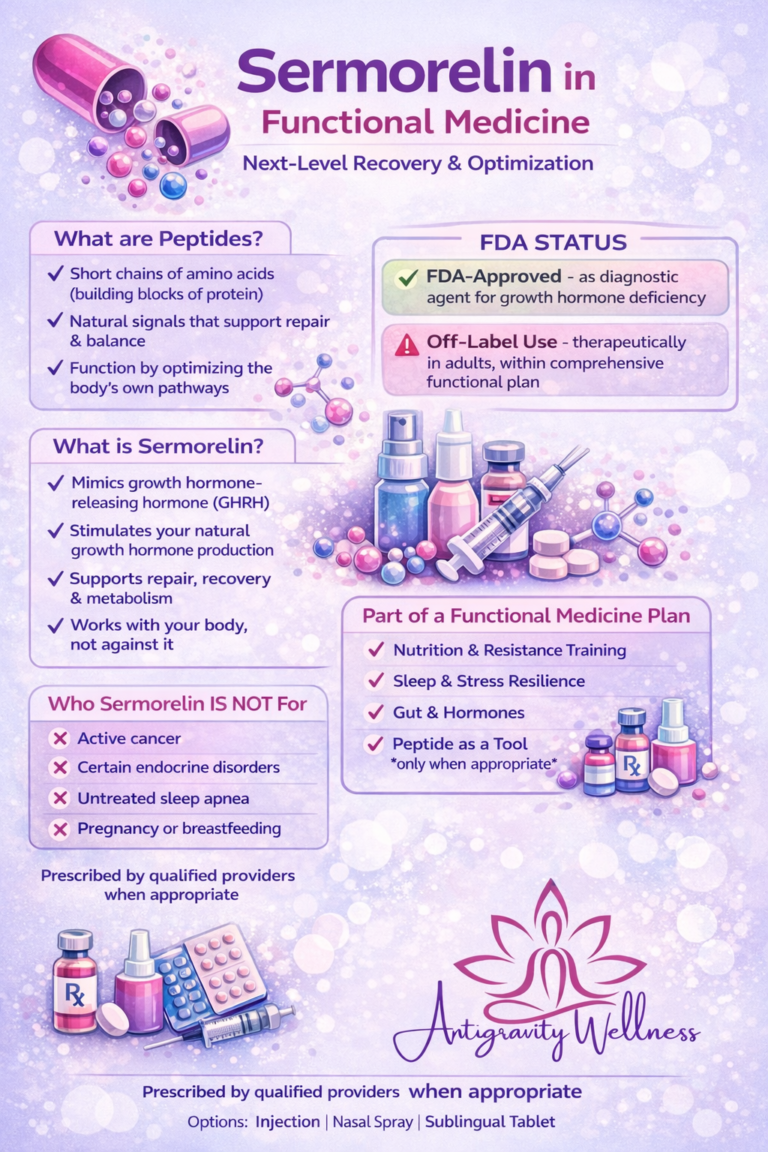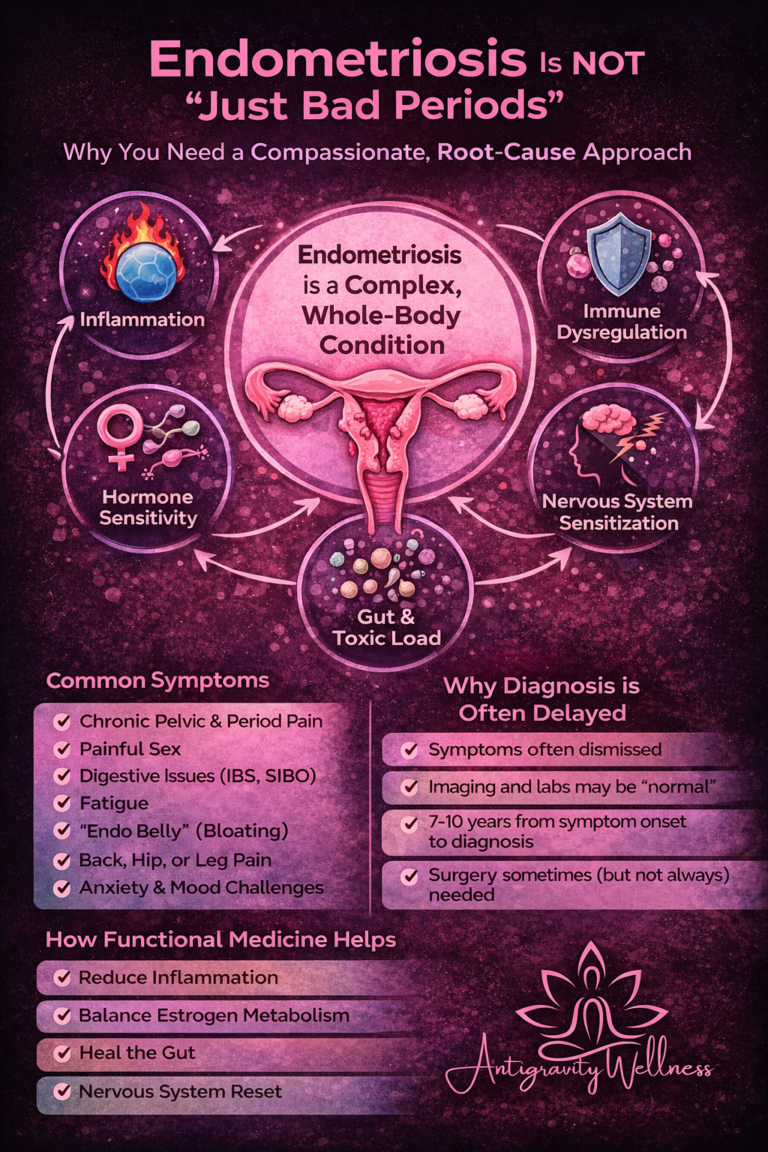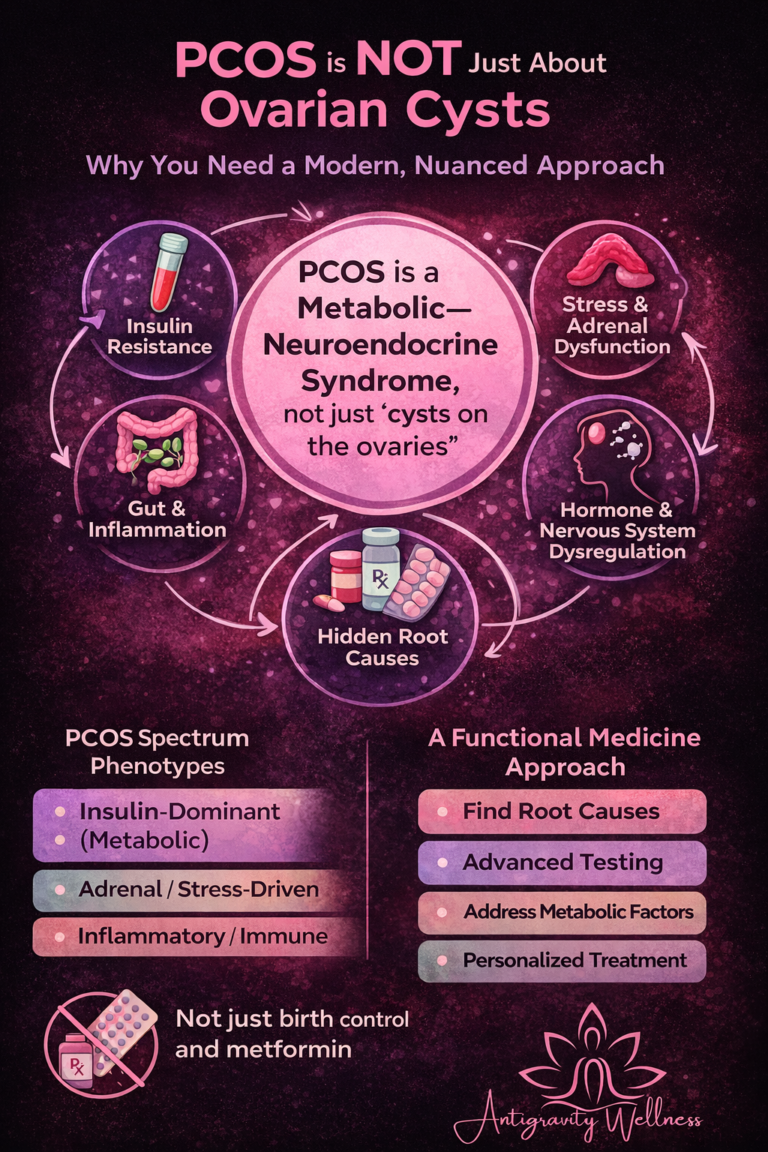Struggling with unexplained fatigue, mood swings, or weight gain? You might be experiencing perimenopause. This often-overlooked phase can drastically impact your quality of life, but understanding its hormonal changes can be your first step toward relief. Read on to discover how these changes affect your body and what you can do to manage them.
At 37, I began feeling like my body was working against me. Despite maintaining a healthy lifestyle, I faced unexpected challenges: my weight was creeping up, I felt constantly tired, and my mood swings were unpredictable. As a healthcare professional, I knew something was off, but it wasn’t until I delved into functional medicine that I discovered the root cause—perimenopause. This revelation not only transformed my health but also ignited my passion to help other women navigate this complex phase of life. Today, I’m here to share my journey and provide you with the knowledge and tools to take control of your health during perimenopause.
What is Perimenopause?
Perimenopause is the transition period before menopause, usually occurring between the ages of 35 and 55. During this time, women experience various symptoms due to hormonal fluctuations. Understanding these changes is crucial for managing symptoms effectively.
Estrogen
- Role in the Body:
- Controls the menstrual cycle.
- Keeps bones strong and healthy.
- Affects mood and energy levels.
- Changes During Perimenopause:
- Estrogen levels fluctuate, going up and down unpredictably.
- Effects of Decreased Estrogen:
- Hot flashes and night sweats.
- Vaginal dryness, which can make sex uncomfortable.
- Mood swings, trouble sleeping, dry skin, and tiredness.
Progesterone
- Role in the Body:
- Regulates the menstrual cycle.
- Prepares the body for pregnancy.
- Helps keep moods stable.
- Changes During Perimenopause:
- Progesterone levels drop significantly.
- Effects of Decreased Progesterone:
- Irregular periods, making it hard to predict your cycle.
- Mood swings, increasing anxiety, and stress.
- Trouble sleeping and feeling more tired than usual.
Testosterone
- Role in the Body:
- Maintains muscle mass and strength.
- Boosts energy levels.
- Supports a healthy libido (interest in sex).
- Changes During Perimenopause:
- Testosterone levels decrease gradually.
- Effects of Decreased Testosterone:
- Reduced libido, leading to less interest in sex.
- Fatigue, feeling tired more often.
- Loss of muscle strength, less motivation, and mood changes.
Follicle-Stimulating Hormone (FSH) and Luteinizing Hormone (LH)
- Roles in the Menstrual Cycle:
- FSH: Helps eggs grow in the ovaries and starts the menstrual cycle.
- LH: Triggers the release of an egg from the ovary and regulates the menstrual cycle.
- Changes During Perimenopause:
- FSH and LH levels become higher and more unpredictable.
- Can lead to irregular periods, hot flashes, and night sweats.
Cortisol and Stress Response
- Impact on Cortisol Levels:
- Cortisol is a hormone released when you’re stressed.
- During perimenopause, cortisol levels can increase, making the body more sensitive to stress.
- Effects of Increased Cortisol:
- Fatigue, feeling tired more often.
- Weight gain, especially around the belly area.
- Increased anxiety and irritability.
- Trouble sleeping and weaker immune system, making it easier to get sick.
- Weaker bones over time.
Managing Symptoms
- Lifestyle Changes:
- Eat a balanced diet rich in whole foods.
- Exercise regularly to maintain a healthy weight and reduce stress.
- Get enough sleep to support overall health.
- Practice stress-reducing activities like yoga and meditation.
- Medical Treatments:
- Hormone Replacement Therapy (HRT) can help balance hormones.
- Medications tailored to specific symptoms.
- Holistic Approaches:
- Supplements and functional lab testing to personalize treatment plans.
Getting Support
Understanding and managing perimenopause is the first step towards a healthier, happier you. Consult healthcare providers for personalized care, join support groups, and utilize available resources like books, websites, and podcasts about perimenopause.
Conclusion:
Perimenopause can be a challenging time, but with the right knowledge and support, you can navigate it successfully. At Antigravity Wellness, we’re here to help you understand and manage your symptoms with comprehensive, compassionate care. For more personalized guidance, reach out to us today.
Understanding your body’s changes can empower you to take control of your health. Let’s navigate perimenopause together.
Listen to the podcast episode of this topic here.
Get the FREE Perimenopause Guide here.




